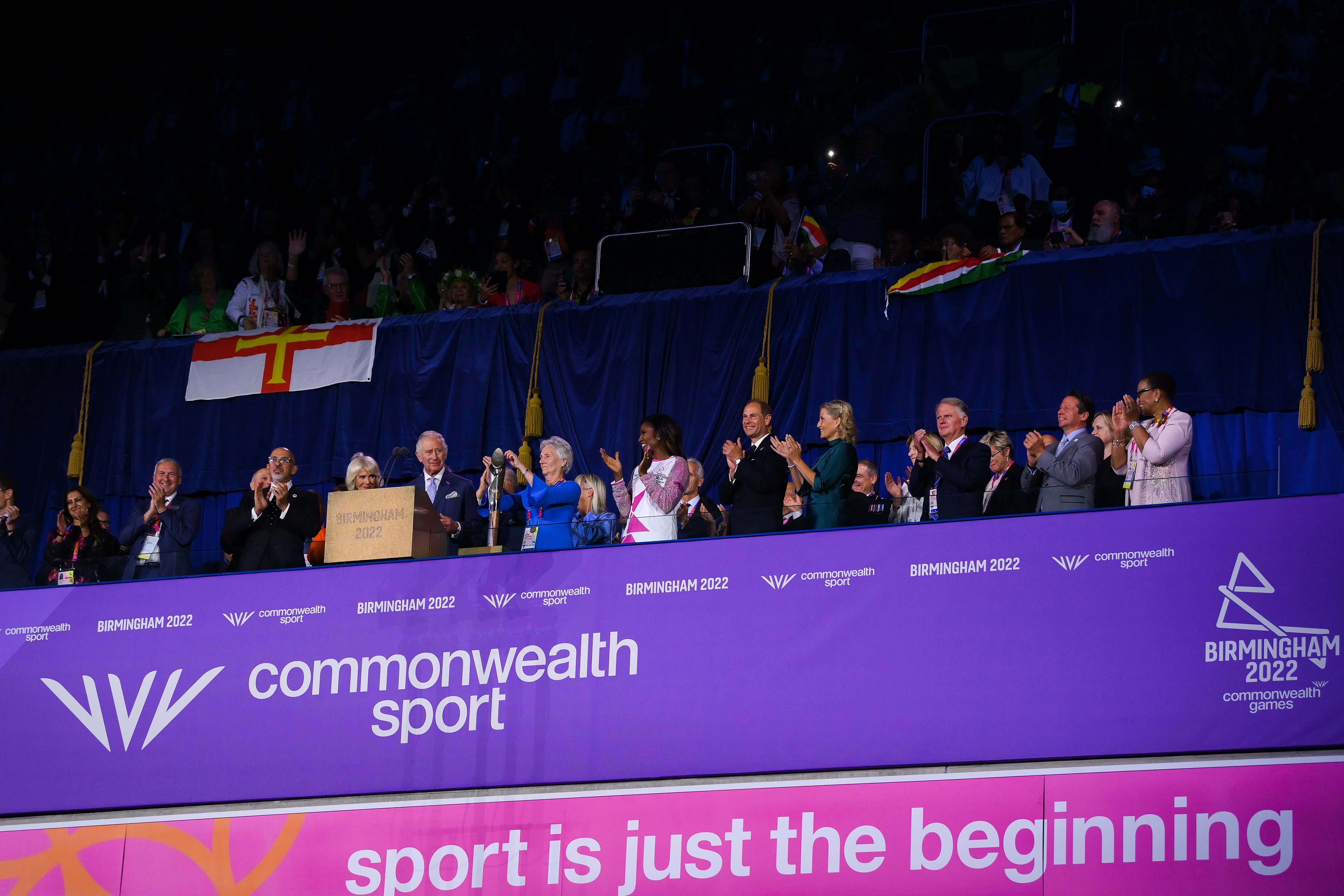Commonwealth ‘equality’? It means little to those hit hardest by climate change
The Commonwealth Charter’s claims of ‘concern for the vulnerable’ ring hollow to those on the front line of the climate crisis, writes Mohamed Adow


As a proud Kenyan, I look forward to watching our athletes competing in the Commonwealth Games in Birmingham over the coming two weeks.
Originally titled the British Empire Games, they have not been without controversy. Despite Rishi Sunak and Liz Truss trying to outdo each other to become the next Margaret Thatcher in the current Conservative Party leadership contest, it’s worth remembering that in 1986 the Games were almost entirely a whites-only event, as a majority of nations boycotted them due to the Thatcher government’s support for apartheid South Africa.
The official website of the Games boasts that “we embrace the Commonwealth values of humanity, equality and destiny”. Like notorious regimes which try to “sportswash” themselves into respectability by hosting or sponsoring global sporting events, the Commonwealth Games cannot easily paper over the cracks.
As the son of a pastoralist farmer and advocate for action on climate change, this gushing celebration of Britain’s former empire is hard to stomach. Rather than “equality”, when it comes to the biggest threat facing the Commonwealth and the rest of the world – the climate crisis – it is the inequality which is most evident.
The richest Commonwealth nations have to take some of the biggest responsibility for the state of our climate. Canada, home to tar sands, one of the dirtiest forms of oil, generates 12.7 tonnes of C02 per person. That’s the amount produced by more than 24 Commonwealth nations combined. Australia, one of the world’s most aggressive coal producers, generates 14.6 tonnes of C02 per person, more than 25 Commonwealth nations combined. The UK, where the industrial revolution was born, has had more success reducing its climate pollution in recent years thanks to its embrace of offshore wind and ending domestic coal use. But it still burns more C02 per person than 16 Commonwealth countries combined.
What’s so galling is that, despite the fact that climate impacts, such as the recent UK heatwave, have begun to hit these rich countries, the majority of the most painful consequences of this fossil fuel addiction is being felt in the very Commonwealth, and in other vulnerable countries which have done the least to cause it.
In the 2021 edition of the Climate Risk Index, published by the NGO Germanwatch which ranks the most climate-vulnerable nations, three Commonwealth countries topped the list: Mozambique, Zimbabwe and the Bahamas. In the past two months, Bangladesh has been beset by terrible floods, displacing 9 million people, while in India, heatwaves of 50C struck cities across the country.
Many people in my own country of Kenya, along with our neighbours in the Horn of Africa, are on the brink of famine, with a full-blown hunger crisis already beginning to break out due to prolonged drought.
The Commonwealth Charter proudly declares that member nations are united in their “concern for the vulnerable” and bound by “accountability” and “responsiveness”. From a climate perspective, these claims ring hollow, considering the efforts the three big historic polluters have gone to not only cause climate suffering across the Commonwealth but now actively block progress to fix it.
At the Cop26 climate summit in Glasgow last year, the UK, Australia and Canada were among the rich country group who missed their own deadline to deliver climate finance to poorer nations; they had been promising this would come since 2009. That funding is essential in helping vulnerable nations adapt to the climate crisis and also transition away from fossil fuels and onto renewables.
To keep up to speed with all the latest opinions and comment sign up to our free weekly Voices Dispatches newsletter by clicking here
Not only that, the three countries then compounded their inaction by blocking proposals to create a Loss and Damage fund which would see the most severely affected countries receive support for the climate losses and damages which cannot be adapted to. These three countries have burned far more fossil fuels than their fair share, causing the climate crisis in the first place, they have then failed to keep their own promises on cleaning it up and now block future measures to help those suffering the most. So much for the Commonwealth Charter and its concern for the vulnerable.
If the Commonwealth is going to mean anything over the coming years, the leaders of the UK, Canada and Australia need to radically change course, and let the Commonwealth be a progressive and forward-looking bloc that can unify around tackling the biggest threat to its peoples. Cutting emissions, delivering climate finance and pushing for a Loss and Damage fund needs to be on their to-do list come the next climate talks in Egypt this November.
Until then, the glitz of the Commonwealth Games opening ceremony and the earnest declarations of unity and equality will mean little to those of us on the front line of the climate crisis.
Mohamed Adow is director of Power Shift Africa, a climate and energy think tank based in Nairobi
Join our commenting forum
Join thought-provoking conversations, follow other Independent readers and see their replies
Comments